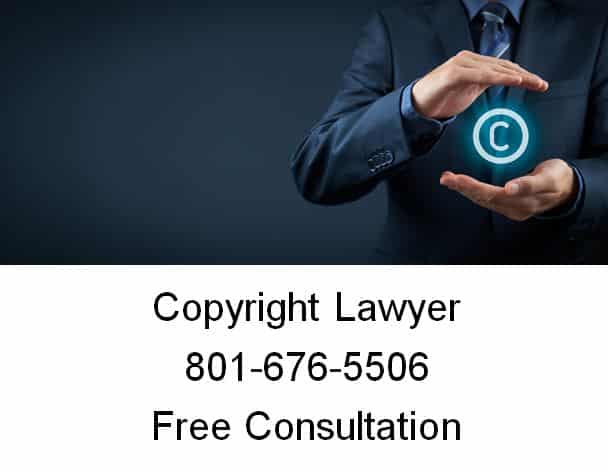Copyrights give the copyright owner exclusive rights over their original works. While not all works are copyrightable, a few examples of copyrightable materials include movies, literary works, live performances, sound recordings, radio broadcasts, and even software. On the other hand, ideas, concepts, and facts cannot be copyrighted, and in order for a work to be eligible for a copyright, it must be in a fixed tangible form, such as a drawing on paper.
As a copyright owner, you have certain rights that are exclusive to you, such as the right to display your work, distribute your work, make derivative works (a digital version of a published book, for example), and reproduce your work. You also have the right to authorize an agent to exercise your exclusive rights or transfer your copyright, in whole or in part.
Generally speaking, a copyright can be transferred to another party through an assignment or a license. An assignment means that you sell or give the copyright to another person or entity, which would result in your loss of copyright control. If you grant someone a copyright license, on the other hand, you are still the owner of the copyright, but the person who is granted the license (the licensee) can legally exercise some or all of the copyright owner’s rights. A copyright license is a practical option for copyright owners who wants to maintain control over how the licensee uses the rights.
Do You Need a Copyright License?
If you’ve composed a written work or song that you wish to promote commercially, you will want to license your work to allow others to distribute or perform it for a fee. A license may be exclusive or nonexclusive and can be restricted by factors such as purpose, territory, duration, and media.
An exclusive license allows only the party who signed an agreement with you (the licensee) to exercise the right being licensed. A nonexclusive license allows multiple licensees to exercise the same rights being transferred in the license. Exclusive licenses typically must be in writing to be valid, given the broad scope of such licenses, and all licenses should be recorded with the U.S. Copyright Office.
For example, if you’ve written a novel and wish to market it through a publisher, you can enter into a license agreement which grants the publisher the rights to copy and distribute the book in a specified geographic region. The publisher would enjoy these rights for the time period specified in the agreement. Unless specified in your agreement, the publisher would not have other rights related to your novel, such as the right to distribute the novel as an audio book or the right to turn it into a movie.
What is an Implied License?
While a written licensing agreement helps eliminate any confusion over the use and ownership of a copyright, an implied copyright license may exist in some situations. Generally, courts will recognize a license when the conduct of the parties implies such a relationship. In the absence of a written licensing agreement, courts generally base the scope of the implied license on the common practices within the community. As noted above, exclusive licenses may not be implied.
For example, suppose a yogurt company enters into a verbal agreement with a production company to use images from one of their cartoons on the front of the box. A court likely wouldn’t allow the yogurt company to produce its own show using these characters, limiting the scope of the license to just the yougurt containers.
Free Consultation with a Copyright Lawyer
If you are here, you probably have a copyright matter you need help with, call Ascent Law for your free consultation with a copyright lawyer (801) 676-5506. We want to help you.
8833 S. Redwood Road, Suite C
West Jordan, Utah
84088 United States
Telephone: (801) 676-5506
Recent Posts
How to Break a Prenuptial Agreement



